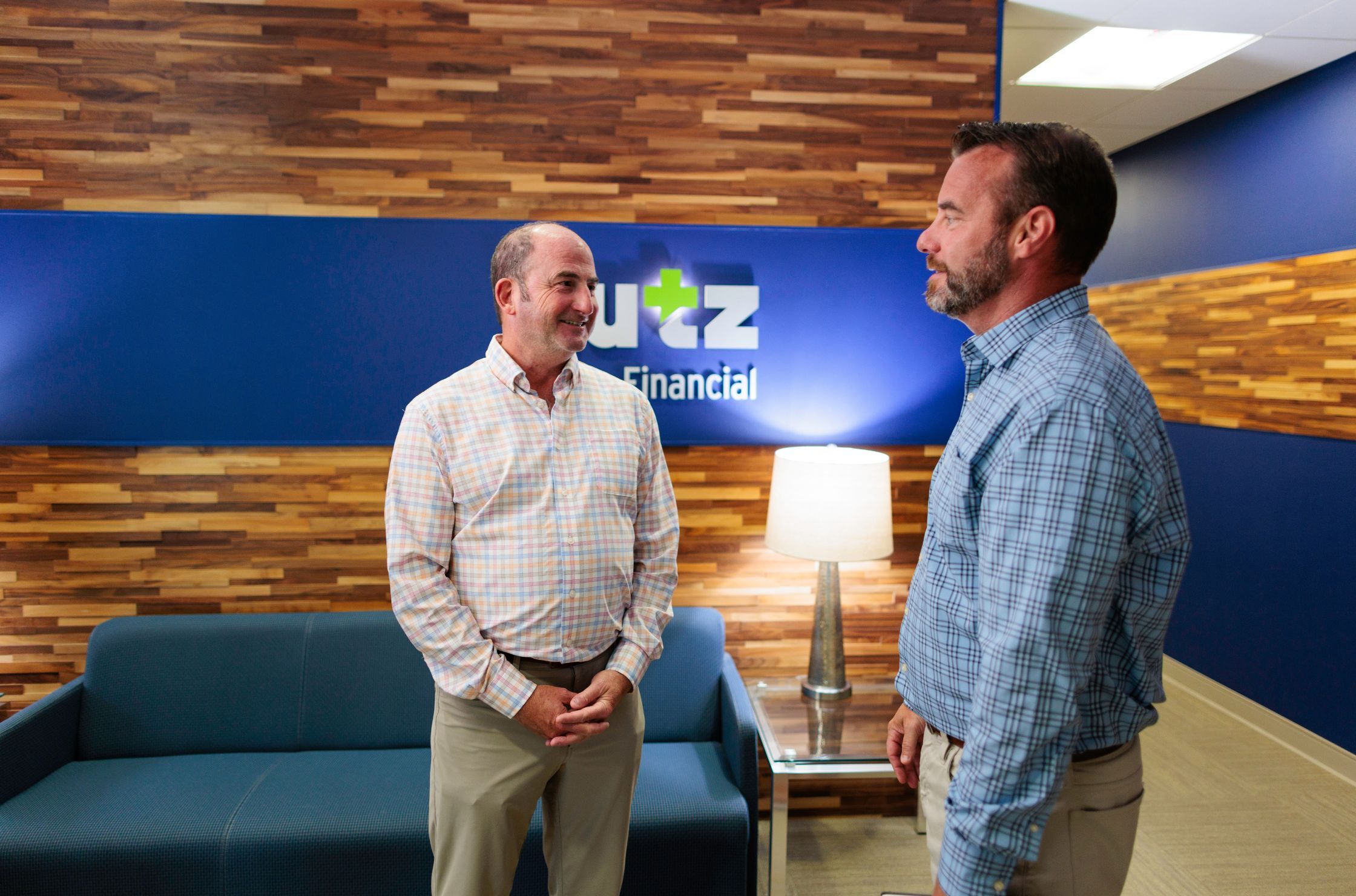Don't Make These Common Mistakes in Your Estate Planning

The most common components of a basic estate plan: a will, living will, life insurance, and maybe even a trust. Most adults know the importance of these estate planning elements, and may even have some or all of them implemented – which, overall, is great. But like everything in life, change happens, and updates will be necessary to some, if not all, of these documents. Here we have laid out the most common mistakes found in estate planning:
Mistake #1: Not regularly reviewing your will.
A will outlines how property is to pass from the decedent to his heirs. For a young family, all property is normally left to a spouse and then to the children. If the children are young, the will usually directs any inheritance to them be held in a trust, until the children reach a particular age. This is all well and good until a divorce, a death, or a marriage within the family. These life events may trigger a reason to make changes to who inherits and when they inherit. If your will has not been reviewed following such a change, property may not be passed to the heirs you intend.
Mistake #2: Drafting unclear documents.
Living wills spell out the types of treatments an individual would want or not want if they become incapacitated. If these documents are too vague and don’t cover all the many end of life scenarios, family members may not agree on the intent of what was written in a living will resulting in disputes. Be sure to communicate to family your personal feelings about extending your life under various situations. Also, consider drafting a power of attorney for health care so someone is named as in charge of making health care decisions just in case disputes still arise.
Mistake #3: Purchasing inadequate (or holding more than enough) life insurance.
Life insurance policies are usually purchased to provide coverage in the event the income provider or providers meet an untimely death. The amount of insurance should be enough to replace the annual income lost so that the family can continue to live as they have been accustomed. Once children are grown and self-sufficient and mortgages have been repaid, be sure to review your policies. At that time, it might make sense to reduce or even eliminate policies. In addition, many policies were purchased years ago to pay for estate taxes, and regulations may have changed. It is important to review with the assistance of an advisor to ensure you have the appropriate amount of coverage.
Mistake #4: Not funding trusts.
A revocable trust allows the maker or grantor the ability to outline how property is to be distributed before and after the maker’s death. This type of trust will avoid probate, which can be time intensive and costly. In addition, some estate taxes can be avoided if a credit shelter-type trust is included.
All this planning works well but only if trusts are funded and titling of assets is proper for the outcome desired. All too often the planning is done perfectly, but the trusts are never funded which takes the estate back into the probate courts costing time and money.
As mentioned above, trusts also need to be reviewed to reflect current estate tax law. Do you have estate planning or tax-related questions? Contact us to learn more.

- Strategic, Ideation, Learner, Maximizer, Achiever
Tyler Bartruff
Tyler Bartruff, Tax & Consulting Shareholder, began his career in 2010. With a background in both law and tax, he brings a rare combination of legal perspective and technical expertise to complex planning scenarios. As the leader of Lutz's estate and trust group, he serves as an internal resource for the firm while guiding clients through high-level wealth transfer strategies.
Specializing in sophisticated tax planning and consulting, Tyler develops solutions that address both immediate needs and long-term goals for individuals, families, and businesses. Whether minimizing tax exposure, navigating business transitions, or integrating legacy plans, he focuses on delivering real, measurable value.
At Lutz, Tyler is known for making the complex simple through his calm, deliberate approach to client challenges. He brings a strategic mindset and a continuous drive to learn, staying ahead of changing regulations and planning techniques. Clients trust his ability to connect the technical with the practical, building custom solutions that not only work today, but adapt with their future.
Tyler lives in Omaha, NE, with his wife, Sara, and their son, Cal. Outside the office, he enjoys hitting the golf course, running, and spending time with his family.
Recent News & Insights
Key Individual and Business Tax Changes
Restricted vs. Unrestricted Funds Accounting for Nonprofits
Microsoft 365 Series: Teams Tips & Tricks for Smarter Collaboration
Incorporating Legacy Planning into your Estate Plan




%20(1).jpg?width=300&height=175&name=Mega%20Menu%20Image%20(2)%20(1).jpg)
%20(1)-Mar-08-2024-09-27-14-7268-PM.jpg?width=300&height=175&name=Untitled%20design%20(6)%20(1)-Mar-08-2024-09-27-14-7268-PM.jpg)

%20(1)-Mar-08-2024-09-11-30-0067-PM.jpg?width=300&height=175&name=Untitled%20design%20(3)%20(1)-Mar-08-2024-09-11-30-0067-PM.jpg)
%20(1).jpg?width=300&height=175&name=Mega%20Menu%20Image%20(3)%20(1).jpg)
%20(1).jpg?width=300&height=175&name=Mega%20Menu%20Image%20(4)%20(1).jpg)
%20(1).jpg?width=300&height=175&name=Mega%20Menu%20Image%20(5)%20(1).jpg)
-Mar-08-2024-08-50-35-9527-PM.png?width=300&height=175&name=Untitled%20design%20(1)-Mar-08-2024-08-50-35-9527-PM.png)


.jpg)





